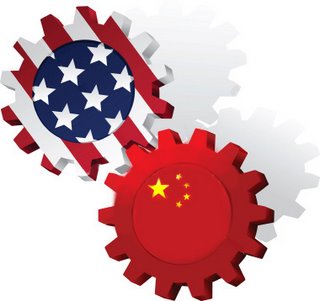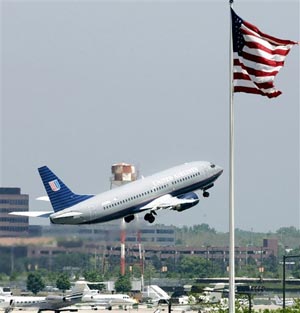Trafficking in persons, forced prostitution, bonded labor. No matter what you call it human trafficking is a frighteningly overlooked issue. I will examine national and international perspectives on “trafficking in persons” as seen through popular culture, not-for-profit aide, and political response. I will investigate the US and UN policies on human trafficking from the Trafficking in Persons Reports. I will study countries in which human trafficking is prevalent and review cases reporting trafficking. I will examine the efforts of organizations whose mission is to end human trafficking and their recovery programs through interviewing officials of the organizations and reading personal accounts. I will finally look at popular culture’s perceptions of human trafficking through peer discussion, Hollywood films and documentaries.

Surekha, a victim of human trafficking, is confined by the walls of this brothel cell she calls homes in Mumbai, India.
Source: http://ngm.nationalgeographic.com/ngm/0309/feature1/zoom4.html
Photograph by: Jodi Cobb





